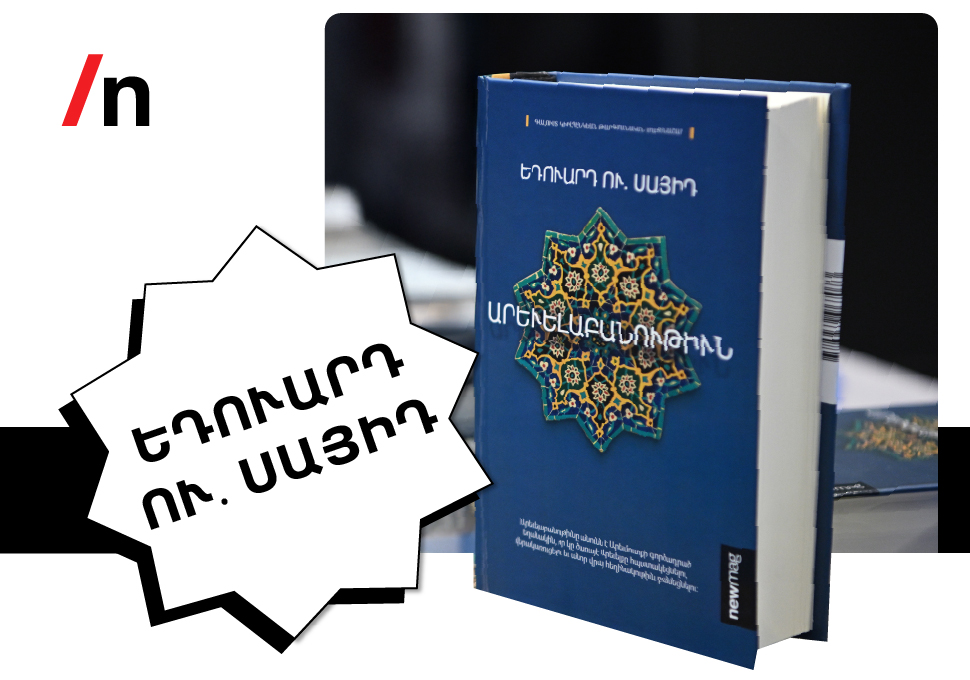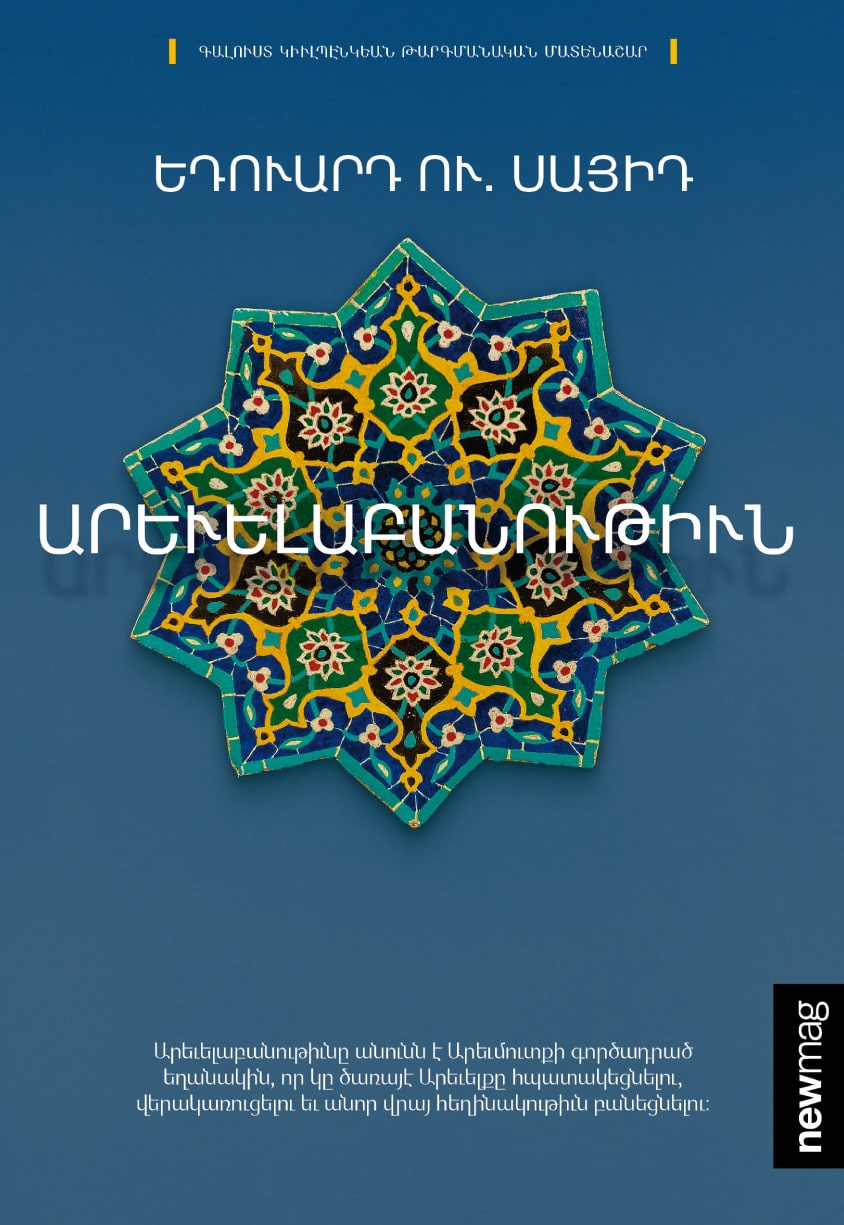Edward Said’s Orientalism: The Most Influential Study on Cultural and Political Conflict (Video)
04/11/2025

Newmag has released an exclusive edition of Edward W. Said’s “Orientalism”, a book that has been translated into more than 35 languages and remains essential reading for anyone seeking to understand the deep-rooted causes of cultural, political, and ideological conflicts in the modern world.
Edward Said, a scholar who reshaped academic thought in the Arab world, was born in Jerusalem, raised in Egypt, and educated in the United States, studying at Princeton, Harvard, and Columbia Universities. For much of his early life, he remained uninvolved in the political and military conflicts of the Middle East.
Everything changed in 1967, with the outbreak of the Israeli Six-Day War.
“The world I understood, the world I knew, changed completely at that moment.”
Witnessing the territorial losses and worsening conditions of his people, Said, who had previously been detached from political activism—became a leading voice in advocating for Palestinian self-determination.
“This is inhuman, and you know it. You are taking away the land and the home of these poor people. Don’t you feel it?”
Initially, Said aligned with Yasser Arafat in supporting the two-state solution. However, by 1994, while the world saw the historic Oslo Accords as a step toward peace, Said foresaw deeper issues. He criticized Arafat’s decisions, warning that his approach was flawed.
“Arafat went into the Oslo agreement alone. He isolated himself and made serious mistakes. Since the Gulf War, his ratings had already been low, and he was facing financial difficulties.”
By this time, Said had become a vocal critic of Arafat, advocating for a “one-state” solution and emphasizing that Palestinians could not secure peace through concessions alone.
“I believe he agreed to this deal simply to save himself.”
Two decades after Said’s passing, his warnings and analyses remain more relevant than ever, continuing to shape discussions on power, colonialism, and representation.

Edward W. Said
8800 ֏
Description
In this extensive, intellectually influential study, Said presents the history of Orientalism. The West, which had long dominated the Near and Middle East, viewed the East from a superior position. The East was called the “Orient” in the West, that is, “Other” in the West. This perspective continues to be entrenched in the West, and, since the West has not allowed the East to present itself, it also inhibits attempts to fully understand the East.
This groundbreaking book, first published in 1978, remains one of the most influential studies in social science, especially in the fields of ethnography and postcolonial studies. Said was critical of the concept of “Orientalism,” which he considered to be a set of false assumptions of the West about the East.
This Throughout the book, Said presents “the Eurocentric prejudice against Arab-Islamic peoples and cultures.” He shows that the false and romantic perception of Asia and the Middle East, rooted in Western culture, served as a justification for the colonial and imperial ambitions of Europe and the United States.
Read also

Winterfest to feature David Georgyan’s sci-fi action novel Impedance (trailer)

At Winterfest 2026, Newmag will present Marianna Hakobyan’s “Don’t Change the Names” (trailer)

Closing and Award Ceremony of the “Sprout in Armenian – 2025” Competition at Newmag Winterfest

“I hope my story will inspire many and help them keep believing and dreaming.” Henrikh Mkhitaryan’s welcoming speech to Armenian fans (video)

